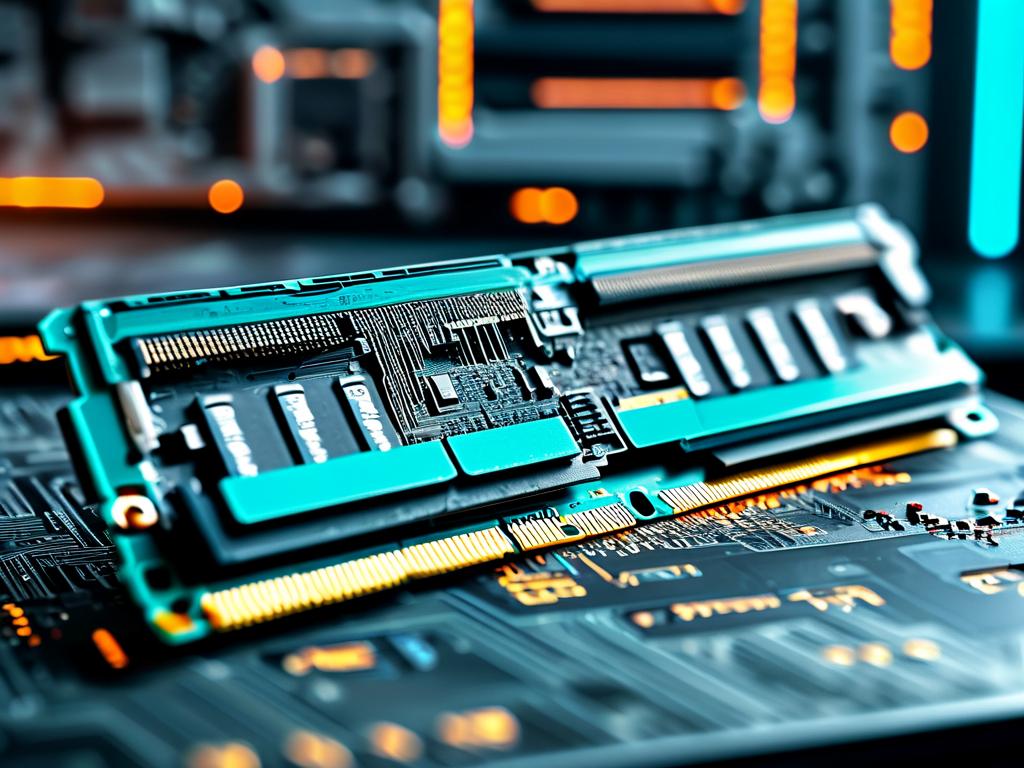Quantum computing memory represents a revolutionary shift in how information is stored and processed, distinct from classical computing paradigms. Unlike traditional binary systems that rely on bits (0 or 1), quantum computing memory leverages quantum bits, or qubits, which exploit the principles of superposition and entanglement. This article explores the fundamentals of quantum memory, its operational mechanisms, and its transformative potential for future technologies.
1. What is Quantum Computing Memory?
Quantum computing memory refers to systems designed to store and manage quantum information. While classical memory stores data as discrete binary states, quantum memory encodes information in qubits. These qubits exist in a superposition of states, enabling them to represent both 0 and 1 simultaneously. This property allows quantum computers to process vast datasets exponentially faster than classical systems.

The physical realization of qubits varies across technologies. Examples include superconducting circuits (used by IBM and Google), trapped ions (employed by IonQ), and photonic qubits (pioneered by companies like Xanadu). Each approach has unique advantages for memory stability, coherence time, and scalability.
2. Core Principles: Superposition and Entanglement
Superposition is the backbone of quantum memory. A qubit in superposition holds multiple states until measured, collapsing into a definite value. This enables parallel computations, a key advantage for solving complex problems like optimization or cryptography.
Entanglement, another quantum phenomenon, links qubits such that the state of one instantly influences the other, regardless of distance. Entangled qubits enhance memory efficiency by enabling correlated operations, reducing redundancy in data storage.
3. Challenges in Quantum Memory Design
Despite its promise, quantum memory faces significant hurdles:

- Decoherence: Qubits are highly sensitive to environmental noise (e.g., temperature fluctuations or electromagnetic interference), causing them to lose their quantum state. Maintaining coherence time—the duration a qubit retains its state—is critical. Current systems achieve coherence times ranging from microseconds to milliseconds, insufficient for large-scale applications.
- Error Rates: Quantum operations are prone to errors due to imperfect control mechanisms. Error correction codes, such as surface codes, are essential but require additional qubits, complicating system design.
- Scalability: Building systems with thousands or millions of qubits remains a challenge. Interconnecting qubits while minimizing interference demands breakthroughs in materials science and engineering.
4. Applications of Quantum Memory
Quantum memory’s unique capabilities could revolutionize fields such as:
- Cryptography: Quantum key distribution (QKD) relies on entangled qubits to create unbreakable encryption.
- Drug Discovery: Simulating molecular interactions at quantum speeds accelerates the development of new medicines.
- Artificial Intelligence: Quantum-enhanced machine learning algorithms could analyze datasets intractable for classical systems.
5. Current Research and Future Outlook
Organizations like IBM, Google, and academic labs are racing to overcome quantum memory limitations. In 2023, IBM unveiled a 433-qubit processor, while researchers at MIT demonstrated error-corrected qubits with extended coherence times. Hybrid systems, combining classical and quantum memory, are also being explored to bridge current technological gaps.
Looking ahead, advancements in quantum memory could unlock quantum supremacy—the point where quantum computers outperform classical ones in practical tasks. However, achieving this requires solving fundamental physics and engineering challenges.
Quantum computing memory is not merely an upgrade to classical systems but a paradigm shift in information processing. By harnessing the peculiarities of quantum mechanics, it promises to tackle problems deemed unsolvable today. While obstacles remain, ongoing research and interdisciplinary collaboration suggest a future where quantum memory transforms industries, from healthcare to cybersecurity. As the field evolves, understanding its principles will be crucial for innovators and policymakers alike.









